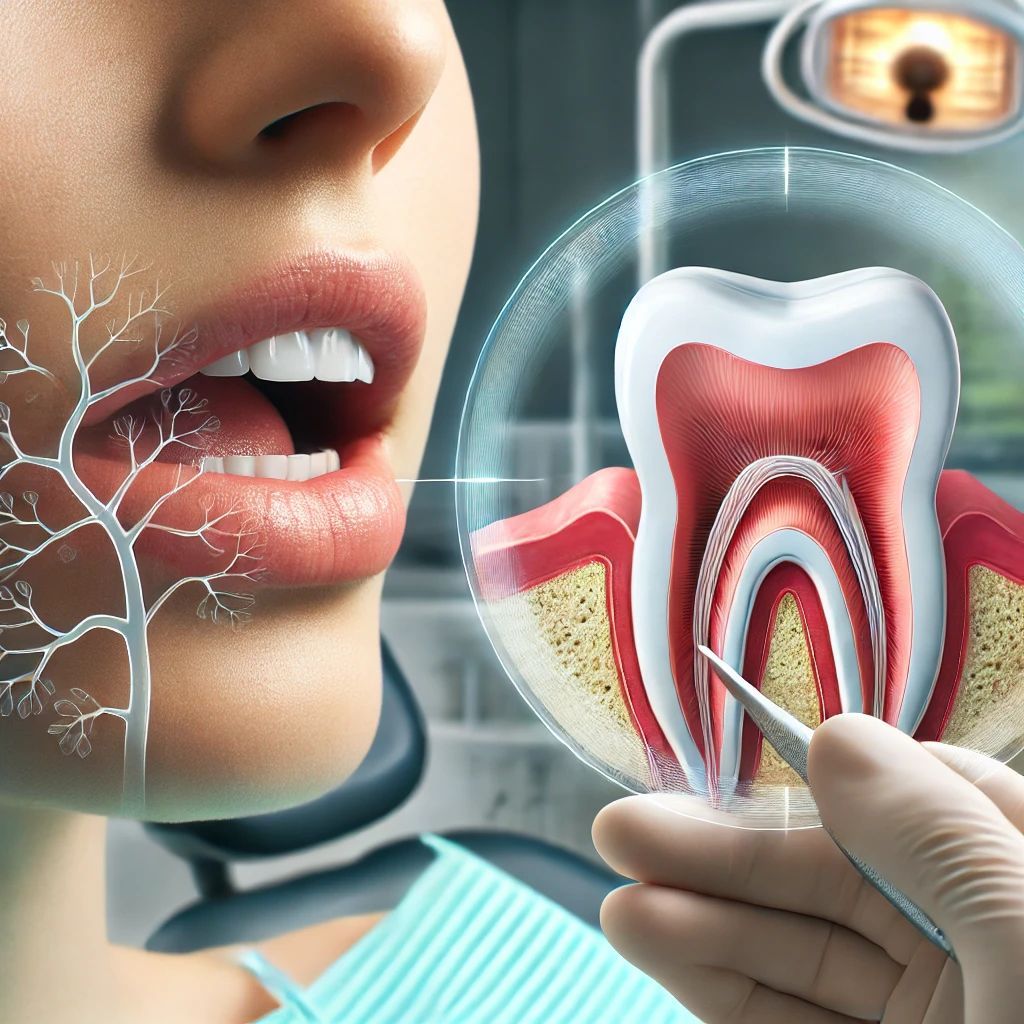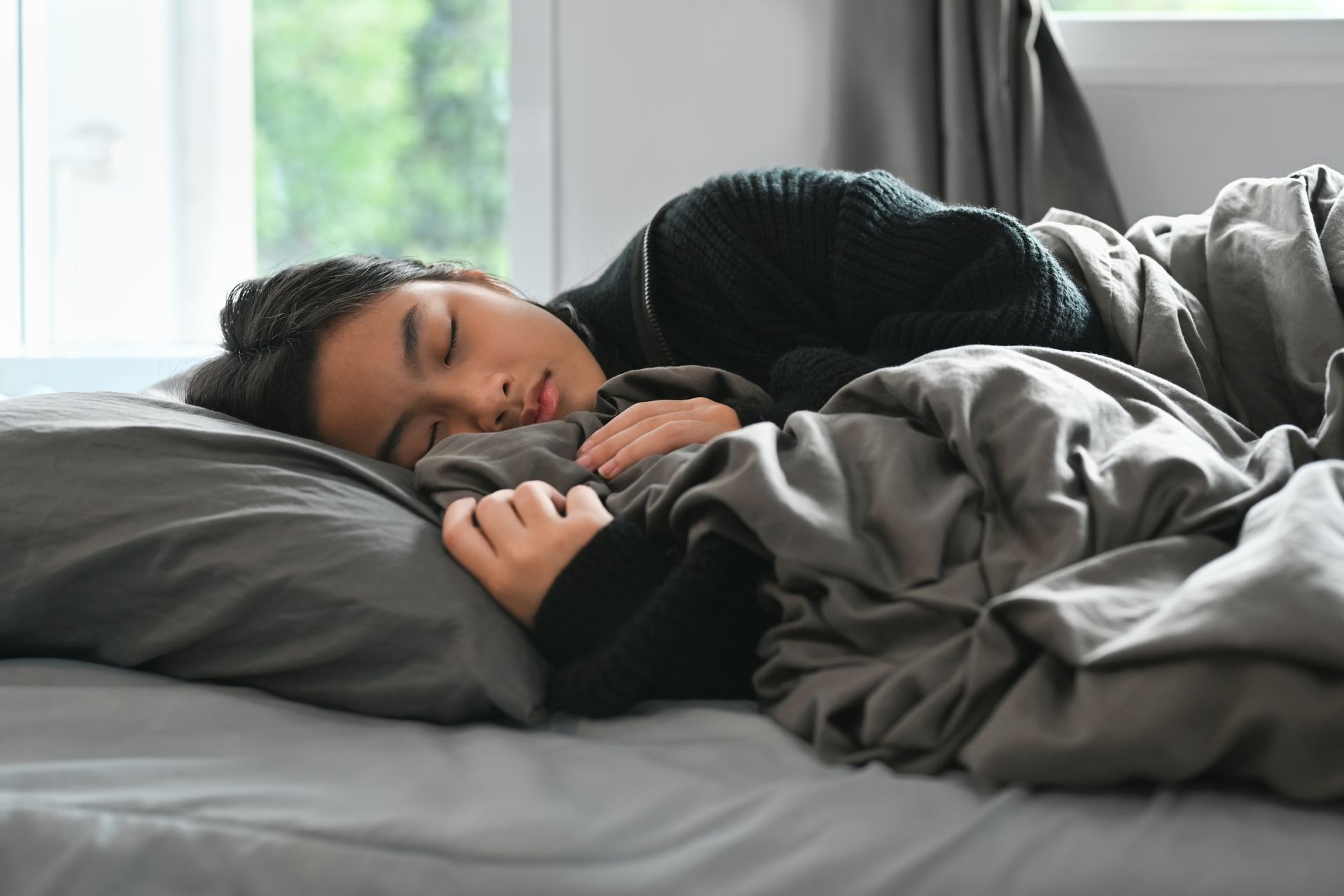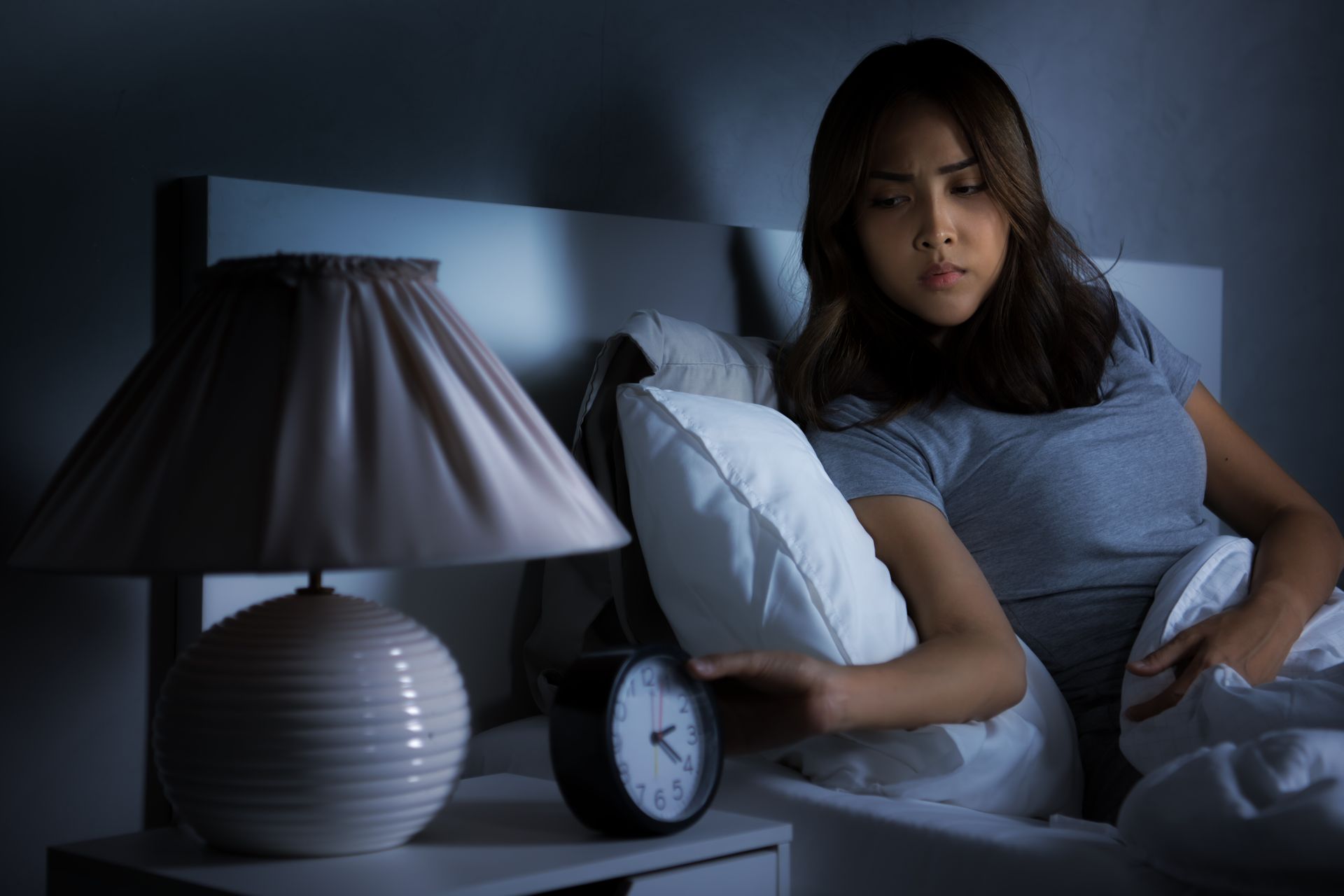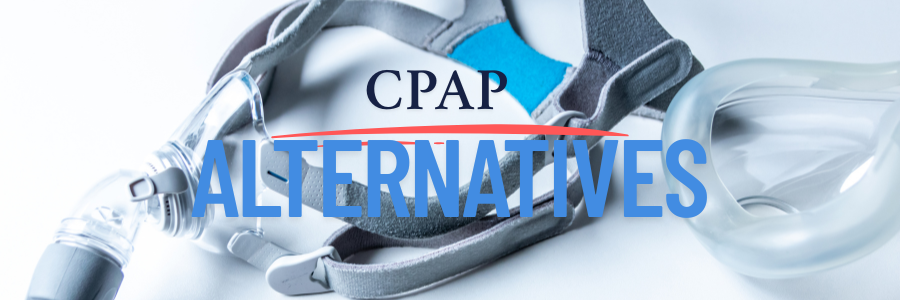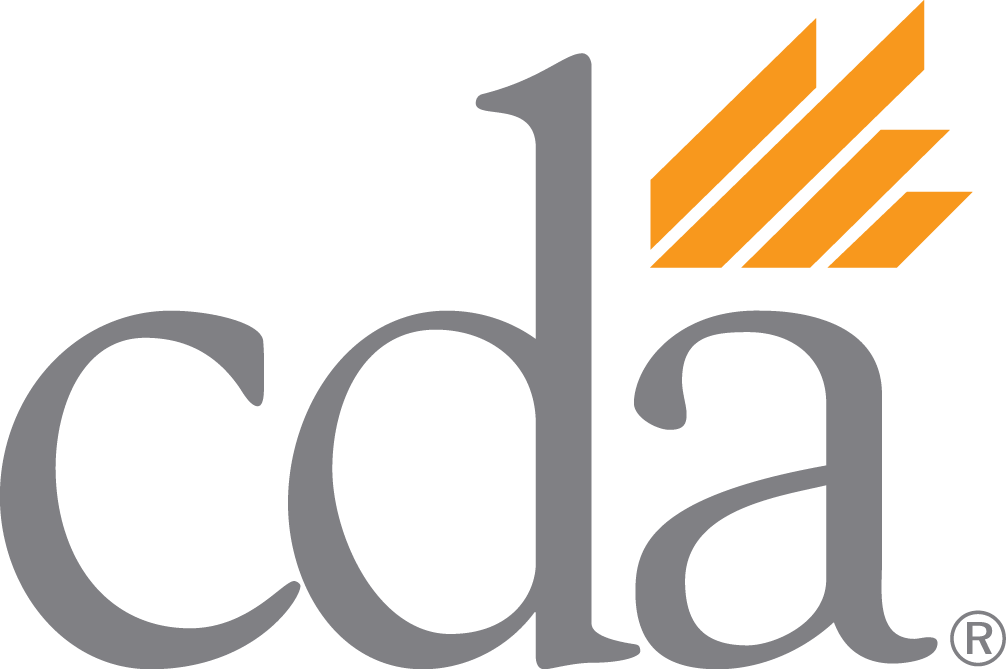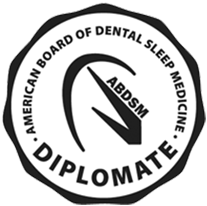Signs You Need a Sleep Apnea Test (and Why You Shouldn’t Wait)
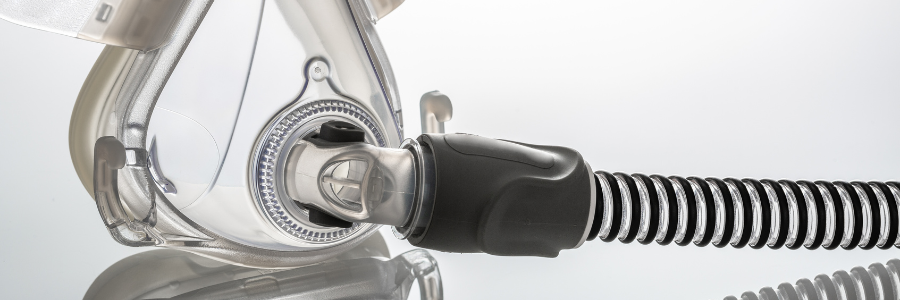
Have you ever woken up feeling exhausted, as if you hadn't slept? Or perhaps your partner has complained about your loud, disruptive snoring? These common, yet often ignored, symptoms could signal that your body struggles to breathe properly at night. They are usually key indicators of a serious medical condition known as obstructive sleep apnea (OSA).
Recognizing these signs is the first and most critical step toward reclaiming your health. A professional sleep apnea test is the only way to get a proper diagnosis. Delaying this simple step can have severe consequences for your well-being. This blog will help you identify the common and hidden signs that you need a sleep apnea test and explain why you shouldn't put it off.
Section 1: The Obvious & Common Signs
Some signs of sleep apnea are hard to miss, especially for the person sleeping next to you. If you or a loved one is experiencing any of these symptoms, it's time to consider professional Sleep Apnea Testing.
- Loud, Chronic Snoring: While snoring is a common annoyance, it's a major red flag for OSA. If it's consistently loud and frequent, Snoring is caused by air trying to squeeze through a narrowed airway, which is the hallmark of sleep apnea.
- Waking Up Gasping or Choking: This symptom is one of the most alarming and provides undeniable evidence that your breathing is obstructed. The gasping sensation occurs when your brain briefly wakes you up to restart breathing.
- Excessive Daytime Fatigue: Do you find yourself fighting to stay awake during the day, no matter how early you go to bed? This is a core symptom. The constant interruptions to your sleep cycle throughout the night prevent your body from getting the deep, restorative rest it needs.
Here is a quick visual guide to help you remember the key signs:
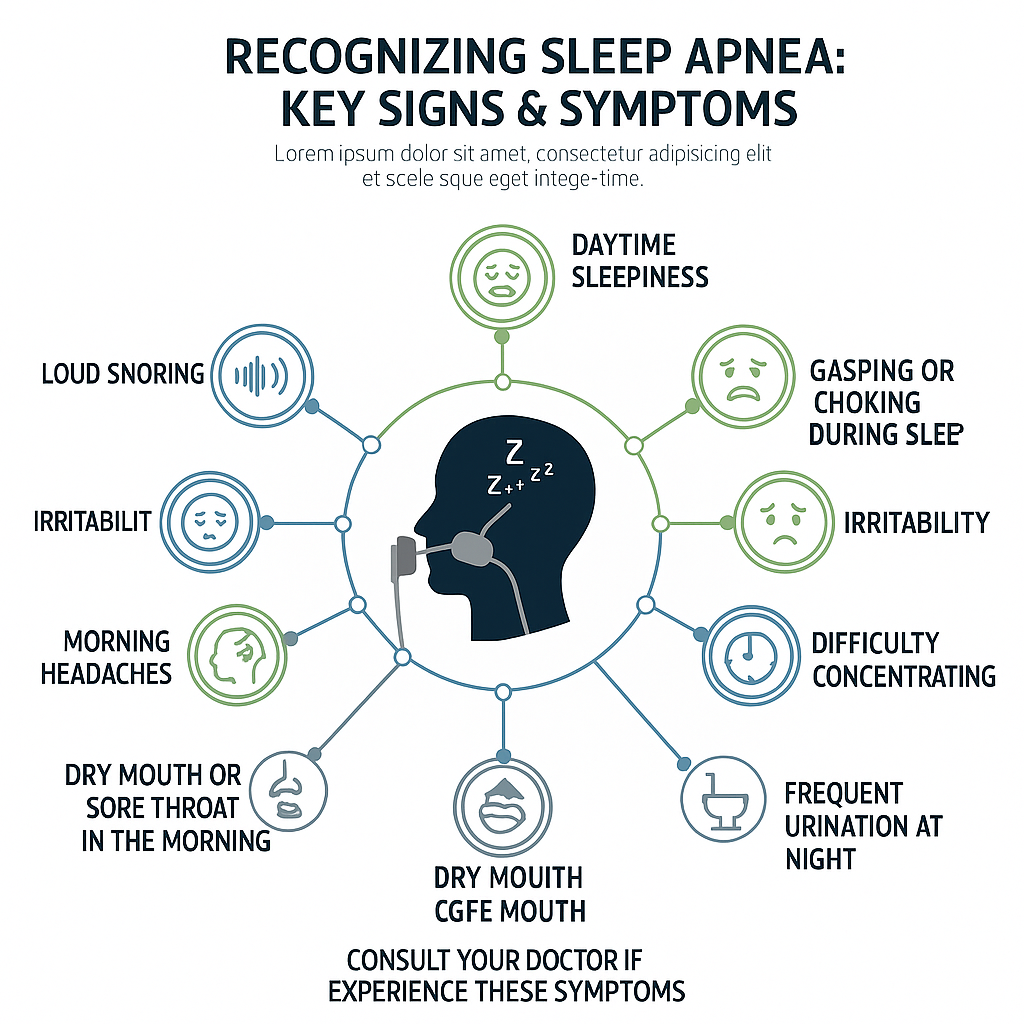
Section 2: The Less Obvious Signs
Sleep apnea doesn't just impact your nights; it can seriously affect your days in ways you might not immediately connect to poor sleep. These subtle symptoms are often brushed off but can signal a deeper problem.
- Morning Headaches: Waking up with a dull headache is a common symptom. During apnea events, your body isn't getting enough oxygen, which can lead to changes in blood pressure and cause morning pain.
- Memory Loss & Difficulty Concentrating: Chronic sleep deprivation caused by sleep apnea can impair cognitive function, making it difficult to focus, think clearly, or remember things.
- Irritability and Mood Swings: Your emotional resilience takes a hit when you're constantly tired. Many people with undiagnosed sleep apnea experience increased irritability, anxiety, or even depression.
- High Blood Pressure: Untreated sleep apnea can put significant strain on your cardiovascular system, contributing to high blood pressure and an increased risk of heart disease.
Section 3: What to Do If You Have These Signs
If you recognize any of these symptoms, seeking professional help is crucial. The first step is getting a proper diagnosis through Sleep Apnea Testing. A medical professional, such as a qualified sleep apnea dentist, can evaluate your symptoms and help you determine the best path forward.
For many, oral appliance therapy is a life-changing snoring treatment that Poway residents can access. This is an excellent alternative for those who cannot tolerate or prefer not to use a CPAP machine.
Section 4: Why You Shouldn’t Wait
Procrastinating on a sleep apnea diagnosis is a serious risk. Ignoring the signs doesn't make the problem disappear; it only compounds the health risks over time.
- Serious Health Risks: Untreated sleep apnea significantly increases your risk for heart attack, stroke, Type 2 diabetes, and high blood pressure. Don't let a treatable condition escalate into a life-threatening one.
- Worsening Quality of Life: Beyond the health risks, sleep apnea can severely impact daily life. Loud snoring can strain relationships, affect work performance, and prevent people from enjoying a full, active lifestyle.
Finding an effective snoring treatment in Poway can be the key to improving your health and well-being.
Conclusion
Don't let the "hidden sleep thief" continue to wreak havoc on your health. Recognizing the signs of sleep apnea is the first step toward getting the treatment you deserve. Whether you are struggling with loud snoring or daytime exhaustion, a professional Sleep Apnea Testing can provide the answers you need.
A new resource is now available to help you understand the profound connection between oral health and sleep. Just Released!
A Deeper Dive: Dr. Rappaport's New Book
Breathe Easy, Sleep Deep: Unmasking the Hidden Sleep Thief Wrecking Your Health and How Your Dentist Can Help
In this must-read book, Dr. Rappaport explores the surprising link between oral health and sleep quality—and what you can do about it. Discover how your dentist could hold the key to better sleep and a healthier life.
Frequently Asked Questions
What is a sleep apnea test?
A sleep apnea test, or a polysomnogram, is a non-invasive study that measures breathing, heart rate, and oxygen levels while you sleep. It helps a professional diagnose sleep apnea and determine its severity.
Can a dentist diagnose sleep apnea?
While a dentist cannot officially diagnose sleep apnea, they can screen for it and refer you to a sleep physician for an official diagnosis. A qualified sleep apnea dentist can provide oral appliance therapy once a diagnosis is confirmed.
Does health insurance cover sleep apnea testing?
Most health insurance and Medicare plans cover sleep apnea testing and treatment, as it is considered a medical condition. Our team can help you navigate the insurance process.
Reclaim Your Sleep, Reclaim Your Health
Take the Apnea Test


